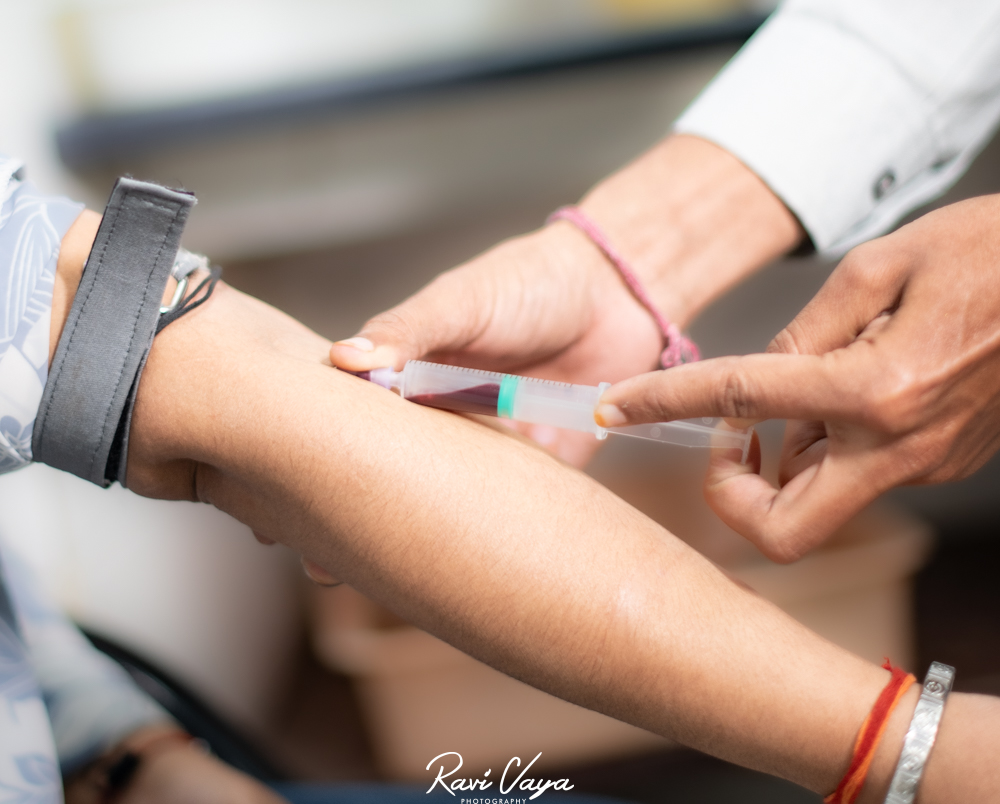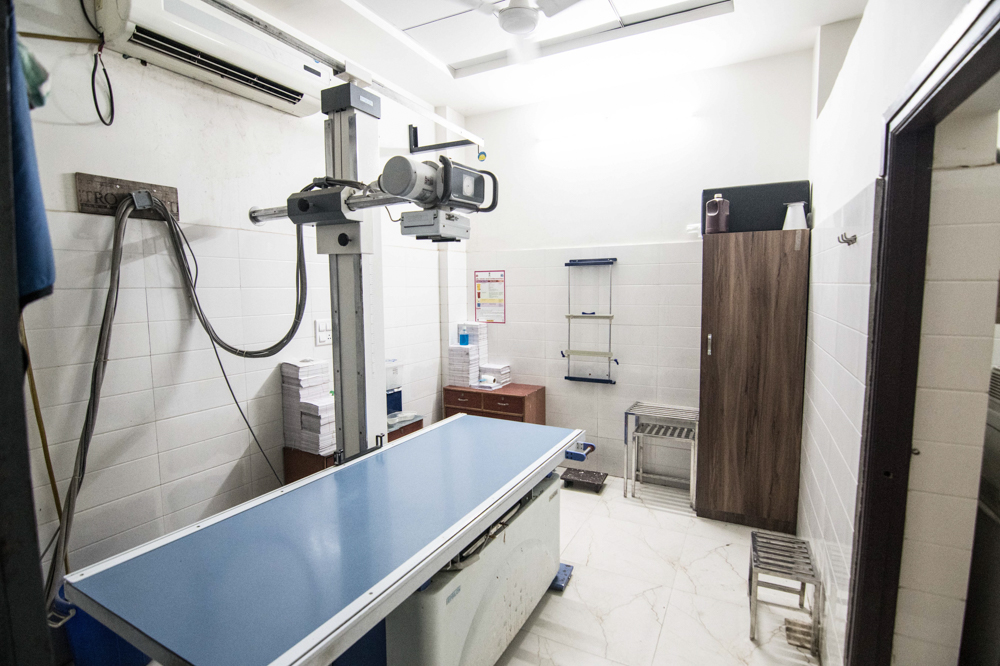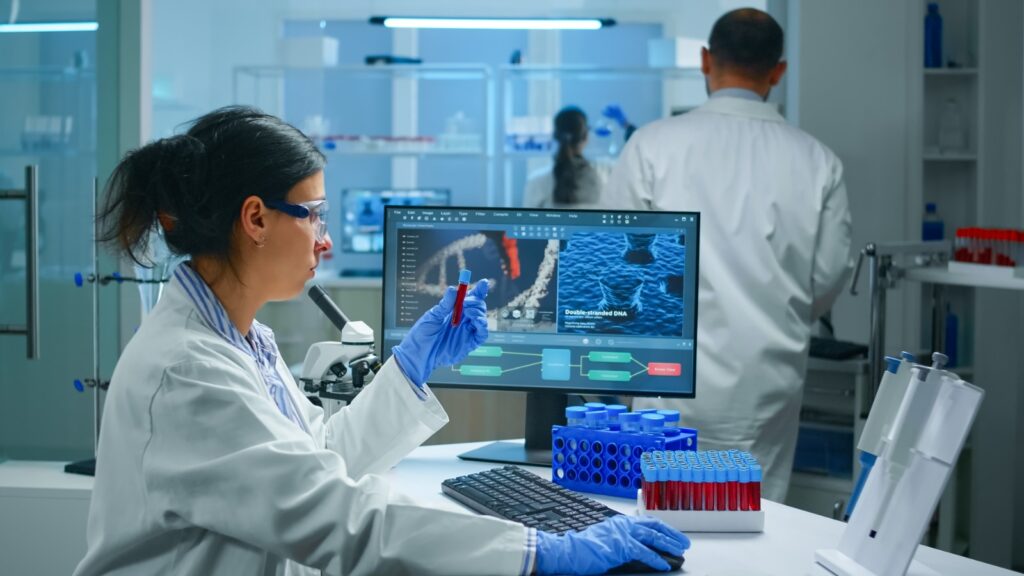Breast cancer is one of the most common cancers affecting women worldwide. Understanding the risk factors and the importance of early detection can significantly improve outcomes. This blog aims to educate readers about breast cancer risks, the role of regular mammograms, and the advanced diagnostic services available at a modern diagnostic center in Kota.
This blog aims to educate readers on these risk factors, highlighting how regular mammograms play a crucial role in identifying issues early, allowing for more effective treatment. At a modern diagnostic center in Kota, advanced mammogram technology ensures accurate, timely results. By prioritizing early detection, women can take proactive steps to safeguard their health.
Understanding Breast Cancer Risk Factors
Genetic Factors and Family History
- Women with a family history of breast cancer are at higher risk. Genes like BRCA1 and BRCA2 significantly increase susceptibility.
- Genetic testing can identify individuals at high risk, enabling early preventive measures.
Age and Gender
- Breast cancer predominantly affects women, though men can also be diagnosed.
- The risk increases with age, especially for women over 50.
Lifestyle and Environmental Factors
- Smoking, excessive alcohol consumption, and obesity contribute to increased risk.
- Exposure to radiation and hormone replacement therapy can also be risk factors.
Importance of Regular Mammograms
What Is a Mammogram?
A Digital mammogram is a screening tool used to detect breast cancer in its early stages, often before symptoms appear. It involves taking Digital X-ray images of the breast tissue, which are analyzed for signs of abnormalities such as lumps, calcifications, or dense tissue.
Regular mammograms can help identify potential breast cancer early, when treatment options are more effective and the prognosis is often better. It is recommended for women, especially those over 40, to have routine mammograms as part of their preventive healthcare routine.
Why Early Detection Matters
- Detecting cancer in its early stages improves treatment success rates.
- Early diagnosis reduces the need for invasive treatments and improves survival rates.
Who Should Get Mammograms?
- Women aged 40 and above should schedule regular mammograms.
- Those with a family history of breast cancer or genetic predisposition may need to start earlier.
Advanced Diagnostic Services in Kota
Modern Diagnostic Center Facilities
- Kota boasts state-of-the-art diagnostic centers equipped with digital mammography and precision diagnostic tools.
- Advanced imaging technologies ensure accuracy and comfort for patients.
Digital Mammography Services in Kota
- Digital mammography provides clearer and more detailed images than traditional methods.
- Reduced radiation exposure makes it a safer option.
- Faster results enable timely follow-ups.
Care at Precision Diagnostic Centers
- Centers offer a range of services, including pathology tests, radiology, and imaging.
- Expert radiologists ensure accurate interpretations of results.
- Patients benefit from personalized care and advanced technology.
Key Features of Modern Diagnostic Centers in Kota
Cutting-Edge Technology
- Digital mammography, 3D/4D ultrasound, and advanced pathology tests.
- Integration of AI for improved diagnostics and efficiency.
Experienced Professionals
- Skilled radiologists and technicians ensure precision in diagnostics.
- Supportive staff prioritize patient comfort and care.
Holistic Healthcare Approach
- diagnostic solutions under one roof.
- Focus on preventive care and early detection.
FAQs About Breast Cancer and Mammograms
1. How often should I get a mammogram?
Women aged 40-49 should consult their doctor about the frequency. Women aged 50-74 are generally advised to have mammograms every two years.
2. Are mammograms painful?
Mammograms may cause slight discomfort due to compression, but the process is quick and manageable.
3. How accurate are mammograms?
While not 100% accurate, mammograms are highly effective in detecting abnormalities early. Digital mammography enhances accuracy.
Conclusion
Understanding breast cancer risks and the role of regular mammograms is essential for early detection and successful treatment. Modern diagnostic centers in Kota provide advanced digital mammography services, ensuring accurate results and patient comfort. Take charge of your health today—schedule a mammogram at a trusted diagnostic center in Kota.
Book your mammogram today at a precision diagnostic center in Kota. Early detection saves lives. Contact us now to ensure your health and well-being .




